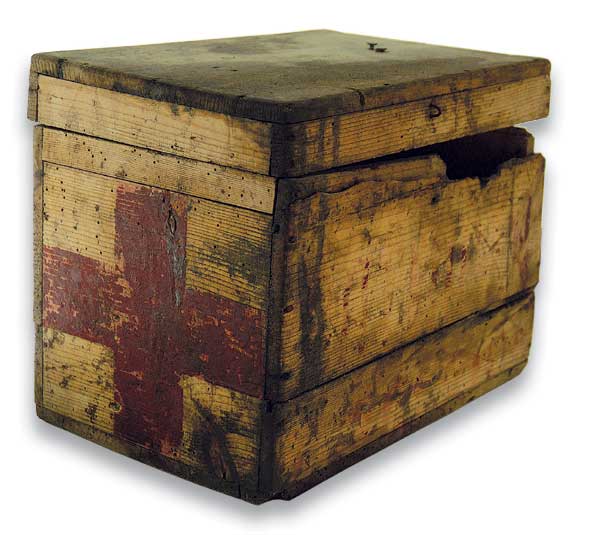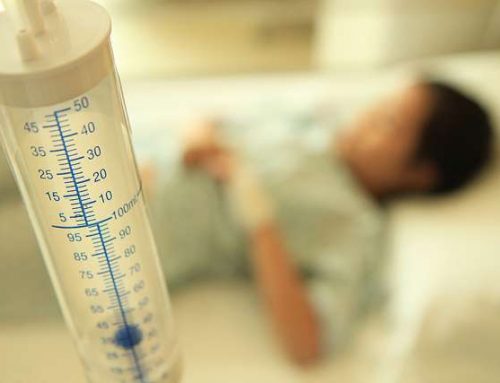| LIFE-SUSTAINING TREATMENTS AND VEGETATIVE STATE Scientific advances and ethical dilemmas Rome, 17-20 March 2004 |
 |
FIAMC AND PONTIFICAL ACADEMY FOR LIFE
JOINT STATEMENT ON VEGETATIVE STATE
At the end of four days of concentrated study and debate, during the International Congress “Life-Sustaining Treatments and Vegetative State. Scientific Advances and Ethical Dilemmas” (Rome 17-20 March, 2004), after we heard the contributions of some of the most prominent scholars and researchers in the field from the perspective of science, anthropology and ethics, and after the deeply inspiring words of the Holy Father John Paul II to the Congress participants, the World Federation of Catholic Medical Associations (FIAMC) intends to present the following statement to the general public:
CONSIDERATIONS ON THE SCIENTIFIC AND ETHICAL PROBLEMS
RELATED TO VEGETATIVE STATE1) Vegetative State (VS) is a state of unresponsiveness, currently defined as a condition marked by: a state of vigilance, some alternation of sleep/wake cycles, absence of signs of awareness of self and of surroundings, lack of behavioural responses to stimuli from the environment, maintenance of autonomic and other brain functions.2) VS must be clearly distinguished from: encephalic death, coma,”locked-in” syndrome, minimally conscious state. VS cannot be simply equalled to cortical death either, considering that in VS patients islands of cortical tissue which may even be quite large can keep functioning.
3) In general, VS patients do not require any technological support in order to maintain their vital functions.
4) VS patients cannot in any way be considered terminal patients, since their condition can be stable and enduring.
5) VS diagnosis is still clinical in nature and requires careful and prolonged observation, carried out by specialized and experienced personnel, using specific assessment standardized for VS patients in an optimum controlled environment. Medical literature, in fact, shows diagnostic errors in a substantially high proportion of cases. For this reason, when needed, all available modern technologies should be used to substantiate the diagnosis.
6) Modern neuroimaging techniques demonstrated the persistence of cortical activity and response to certain kinds of stimuli, including painful stimuli, in VS patients. Although it is not possible to determine the subjective quality of such perceptions, some elementary discriminatory processes between meaningful and neutral stimuli seem to be nevertheless possible.
7) No single investigation method available today allows us to predict, in individual cases, who will recover and who will not among VS patients.
8) Until today, statistical prognostic indexes regarding VS have been obtained from studies quite limited as to number of cases considered and duration of observation. Therefore, the use of adjectives like “permanent” referred to VS should be discouraged, by indicating only the cause and duration of VS.
9) We acknowledge that every human being has the dignity of a human person, without any discrimination based on race, culture, religion, health conditions, or socio-econimic conditions. Such a dignity, based on human nature itself, is a permanent and intangible value, that cannot depend on specific circumstances of life and cannot be subordinated to anybody’s judgement. We recognize the search for the best possible quality of life for every human being as an intrinsic duty of medicine and society, but we believe that it cannot and must not be the ultimate criterion used to judge the value of a human being’s life.
We acknowledge that the dignity of every person can also be expressed in the practice of autonomous choices; however, personal autonomy can never justify decisions or actions against one’s own life or that of others: in fact, the exercise of freedom is impossible outside of life.10) Based on these premises, we feel the duty to state that VS patients are human persons, and, as such, they need to be fully respected in their fundamental rights. The first of these rights is the right to live and to the safeguard of health.
In particular, VS patients have the right to:
– correct and thorough diagnostic evaluation, in order to avoid possible mistakes and to orient rehabilitation in the best way;
– basic care, including hydration, nutrition, warming and personal hygiene;
– prevention of possible complications and monitoring for any possible signs of recovery;
– adequate rehabilitative processes, prolonged in time, favouring the recovery and maintenance of all progress achieved;
– be treated as any other patients with reference to general assistance and affective relationships.
This requires that any decision of abandonment based on a probability judgement be discouraged, considering the insufficiency and unreliability of prognostic criteria available to date.
The possible decision of withdrawing nutrition and hydration, necessarily administered to VS patients in an assisted way, is followed inevitably by the patients’ death as a direct consequence. Therefore, it has to be considered a genuine act of euthanasia by omission, which is morally unacceptable.
At the same time, we refuse any form of therapeutic obstinacy in the context of resuscitation, which can be a substantial cause of post-anoxic VS.11) To the rights of VS patients corresponds the duty of health workers, institutions and societies in general to guarantee what is needed for their safeguard, and the allocation of sufficient financial resources and the promotion of scientific research aimed to the understanding of cerebral physiopathology and of the mechanisms on which the plasticity of the Central Nervous System is based.
12) Particular attention has to be paid to families having one of their members affected by VS. We are sincerely close to their daily suffering, and we reaffirm their right to obtain help from all health workers and a full human, psychological and financial support, which enables them to overcome isolation and feel part of a network of human solidarity.
13) In addition, it is necessary for institutions to organize models of assistance, specialized with reference to the care of these patients (awakening centres and specialized rehabilitation centres), sufficiently spread over the territory. Institutions should also promote the training of competent personnel.
14) VS patients cannot be considered as “burdens” for society; rather, they should be viewed as a “challenge” to implement new and more effective models of health care and of social solidarity.
(See papal speach on the “Texts” section)
- Responses to Certain Questions of the United States Conference of Catholic Bishops Concerning Artificial Nutrition and Hydration
(Responsa ad quaestiones ab Episcopali Conferentia Foederatorum Americae Statuum propositas circa cibum et potum artificialiter praebenda), August 1, 2007
AAS 99 (2007) 820-821
[English, French, German, Italian, Latin, Polish, Portuguese, Spanish]
- Commentary
[English, French, German, Italian, Polish, Portuguese, Spanish]










[…] http://www.fiamc.org/bioethics/vegetative-state/ […]